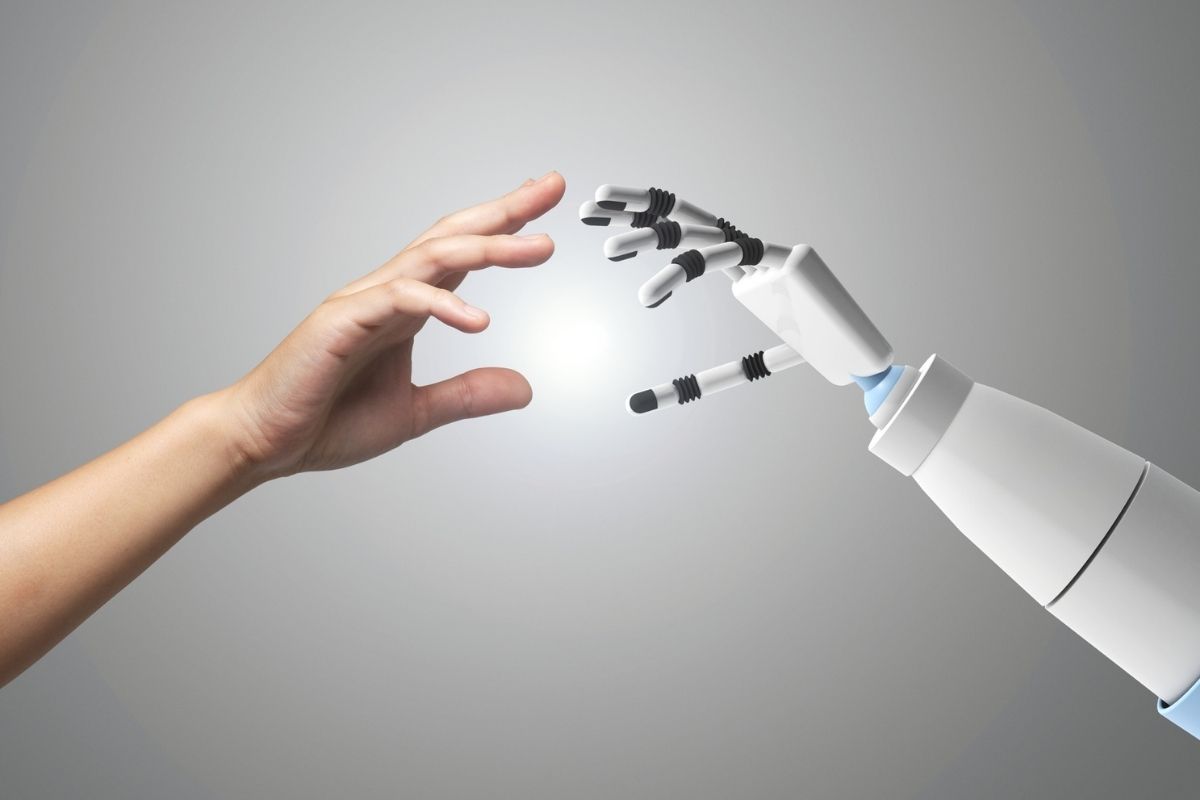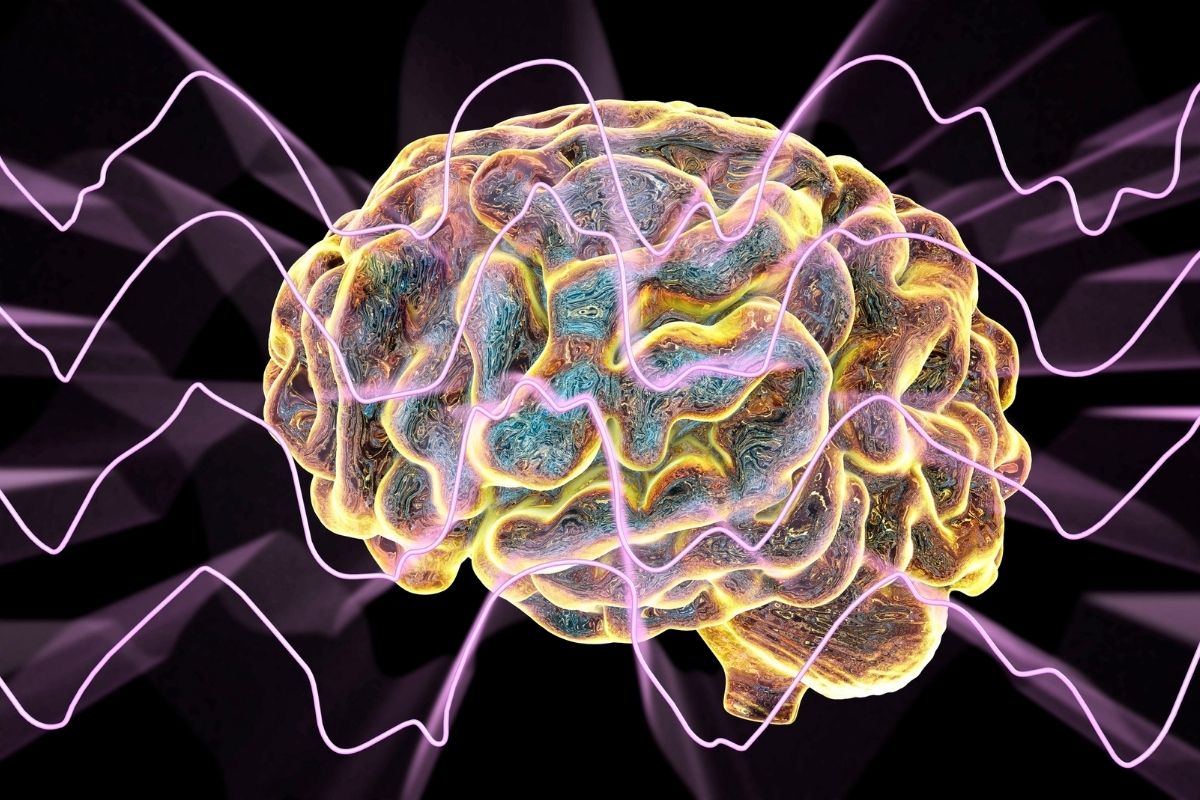


Artificial intelligence has progressed a lot in numerous domains in recent times, and music composition is not the exception. AI composition software can now produce original pieces of music that cannot be differentiated from those created by humans. But what about the psychological impact of listening to AI-composed music? Does it differ from listening to music composed by humans, or do we process it similarly? Let us proceed to discuss the psychology behind AI-created music and how it influences our cognition, emotions, and listening experience overall.
Table of Contents
ToggleAs we hear music, it stimulates various parts of the brain that deal with emotion, memory, and movement as well. This applies to AI-created music, too. There is something distinctly interesting about the music that’s created by an algorithm instead of a human being. Humans, according to the research, have an extreme sense of subtlety concerning music produced by another human being; examples include the subliminal emotional signals, mistakes in timing, and human-generated tonal errors. All of these minor mistakes make the human-generated music very emotive.

AI creates its music from patterns and data. It’s able to replicate the technical aspects of music composition, but doesn’t possess the emotional resonance that a human composer would be able to intuitively bring. Still, a few studies indicate that music composed by AI can stimulate emotional reactions from listeners, even without the “human touch.” Although the emotional resonance may not always be as deep, music created by AI can still induce feelings of relaxation, motivation, or excitement.

One of the most interesting features of AI music creation is the way our minds distinguish between human-created and machine-crafted music. A survey conducted in 2021 discovered that listeners are normally able to tell the difference between music written by a human author and music created by AI.
But when AI music is crafted to sound like a particular style or genre, or even to replicate a favourite artist’s work, the lines begin to blur. This mix of man-made and human components can give rise to what psychologists refer to as cognitive dissonance, the psychological unease we feel when confronted with contradictory information.
For instance, if you’re listening to music created by AI that sounds much like your favourite band, your brain may have trouble getting used to the fact that it’s not human-made, despite how it sounds. This is perhaps why some individuals say they experience a sense of uncanny familiarity with AI-generated music, but also a bit of unease, as they know that it was made by an algorithm and not by a human being.
Does music made by AI evoke the same kind of emotions as music created by humans? The response isn’t quite clear-cut. As per studies on music and emotion in psychology, music created by humans tends to resonate with our individual experiences and memories, and that’s why some songs make us sad, nostalgic, or happy.
AI-generated music, while missing personal experiences, can still impart emotions depending on the patterns and tempo it adopts. For instance, energetic beats and cheerful melodies will create feelings of energy or exhilaration, while slower tempos can create relaxation or contemplation.
Interestingly, some listeners assert that AI-generated music doesn’t create as powerful an emotional reaction as music generated by humans. Others believe that AI music is somehow neutral; it’s not as emotionally charged nor as emotionally removed as music made by humans. This neutrality could be the reason why AI music tracks tend to be used as background music in places like cafes, restaurants, or even video game soundtracks. It creates a nice ambience without bombarding the listener with strong emotions.

With artificial intelligence evolving even further, one can expect its generated music to get more evolved. Indeed, some people believe that one day in the future, AI will have the capability of writing music exclusively to suit an individual’s state of mind. Imagine hearing music that adjusts as you listen based on your state of mind, or music that can concentrate your mind or relax you through responses from your brain.
The potential for AI music in therapy or mental health uses is also compelling. AI might be employed to generate soothing soundscapes or motivational music tailored to personal emotional requirements. But whether we ever will be able to emotionally resonate with AI-created music on the same level that we do with music created by humans remains to be seen.
Try AI Music for Concentration or Relaxation: If you require background music for work, study, or relaxation, AI music can create a neutral but comfortable environment. Most streaming services already have AI-curated playlists for these activities.
Be Open to Emotional Reaction: If you realise AI-Created Music doesn’t create the same level of emotional response as classic music, that’s completely normal. Accept it as a different feeling, not one that’s missing.
Try Out AI-Generated Playlists: There are now some platforms with AI-generated playlists based on your favourite music. Try them out and discover if AI-Created Music can introduce you to something new in terms of listening experience.
Use AI Music Creatively: Whether you are a creator or simply a listener, AI music software can be an excellent way to discover new sounds and types of music that you might otherwise not listen to.
AI-generated music perhaps won’t be able to match the emotional power of music made by humans, but it certainly creates new ways of listening, making, and engaging with sound. As technology improves, our psychological connection with music will further change in ways that blur the distinction between human and machine in interesting ways.

